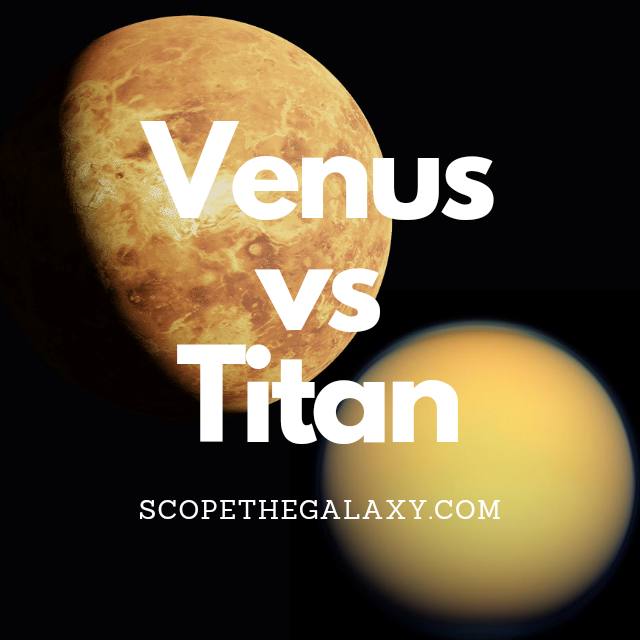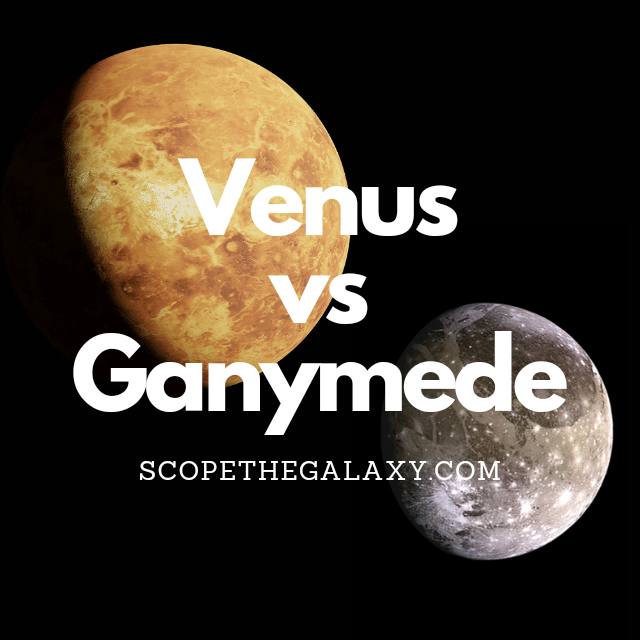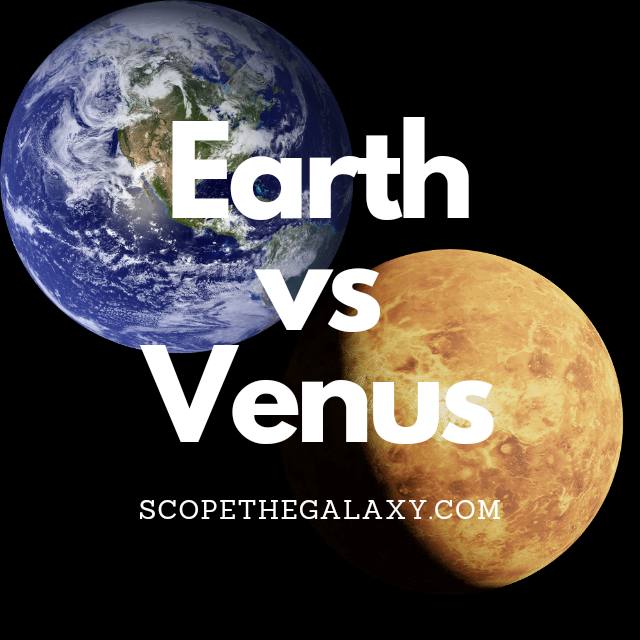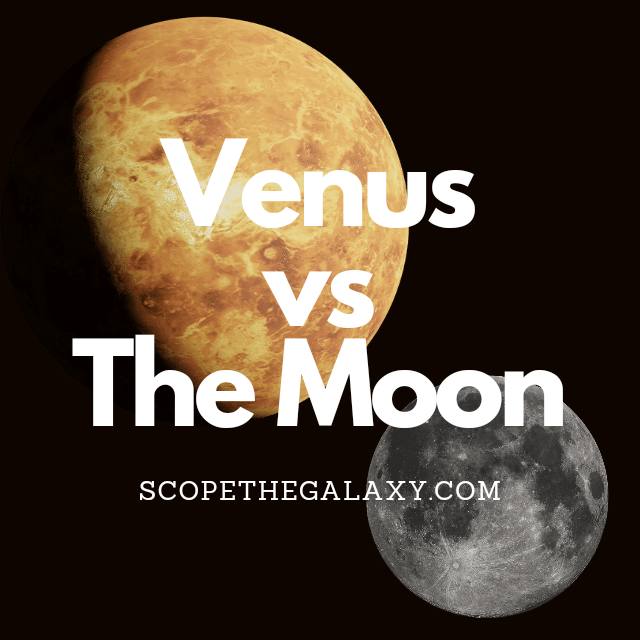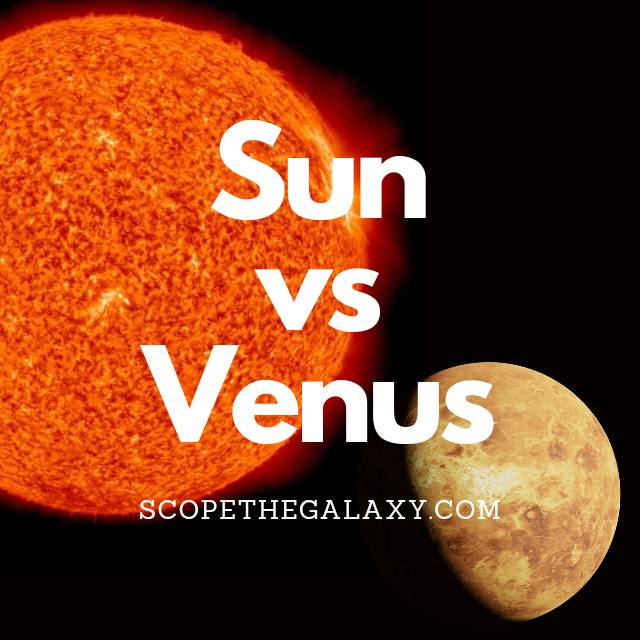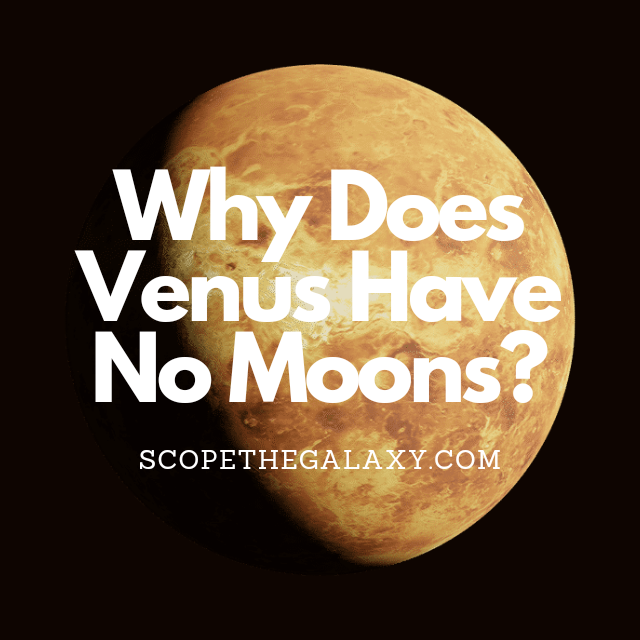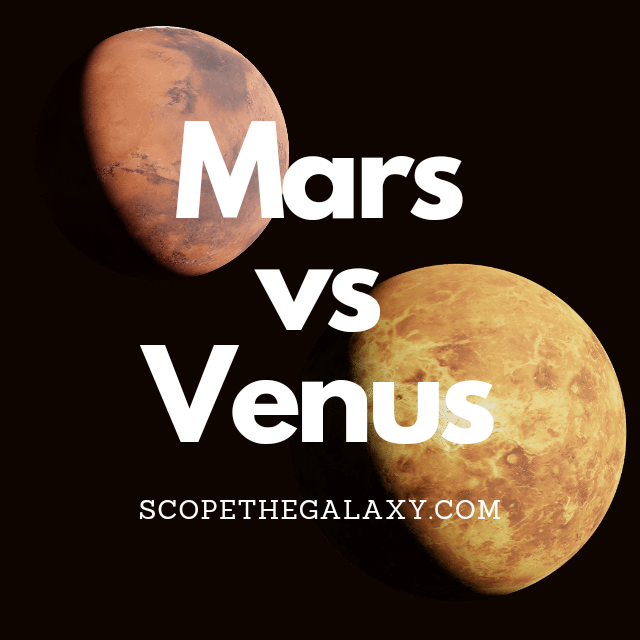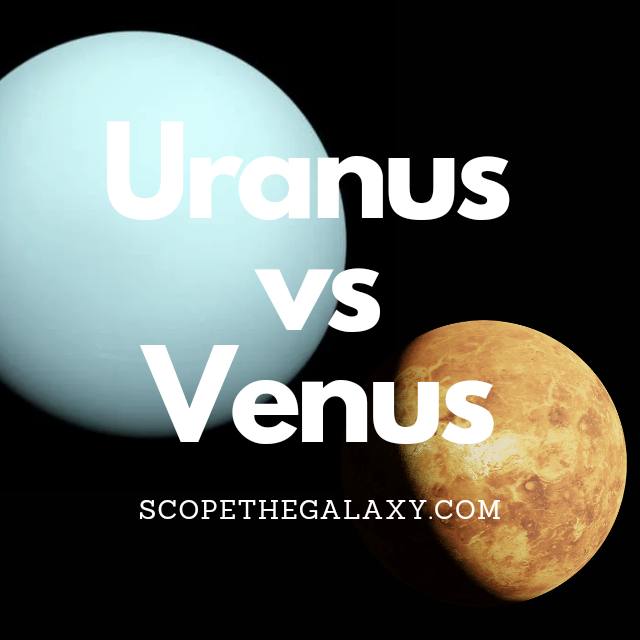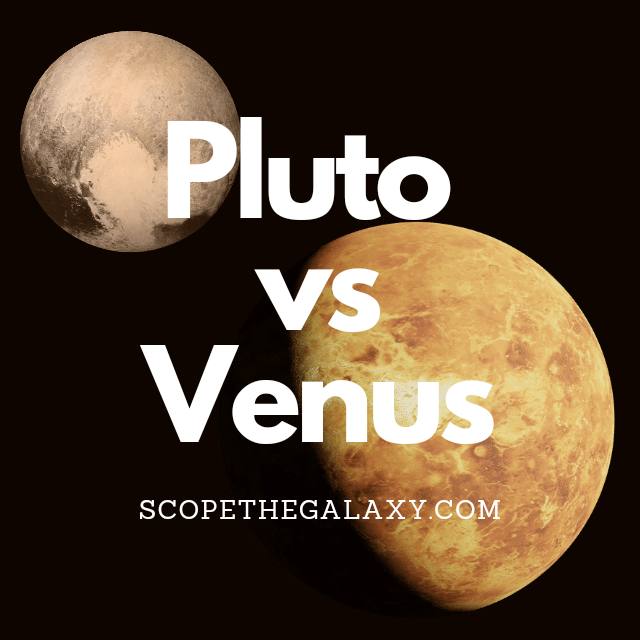Venus vs Titan (The Similarities And Differences)
The main differences between Titan and Venus would be that Venus is the 2nd farthest planet from the Sun, is the hottest planet in our solar system, is the brightest celestial entity other than the Sun in our solar system and is more than twice Titan’s diameter whilst Titan is a natural satellite that has … Read more

